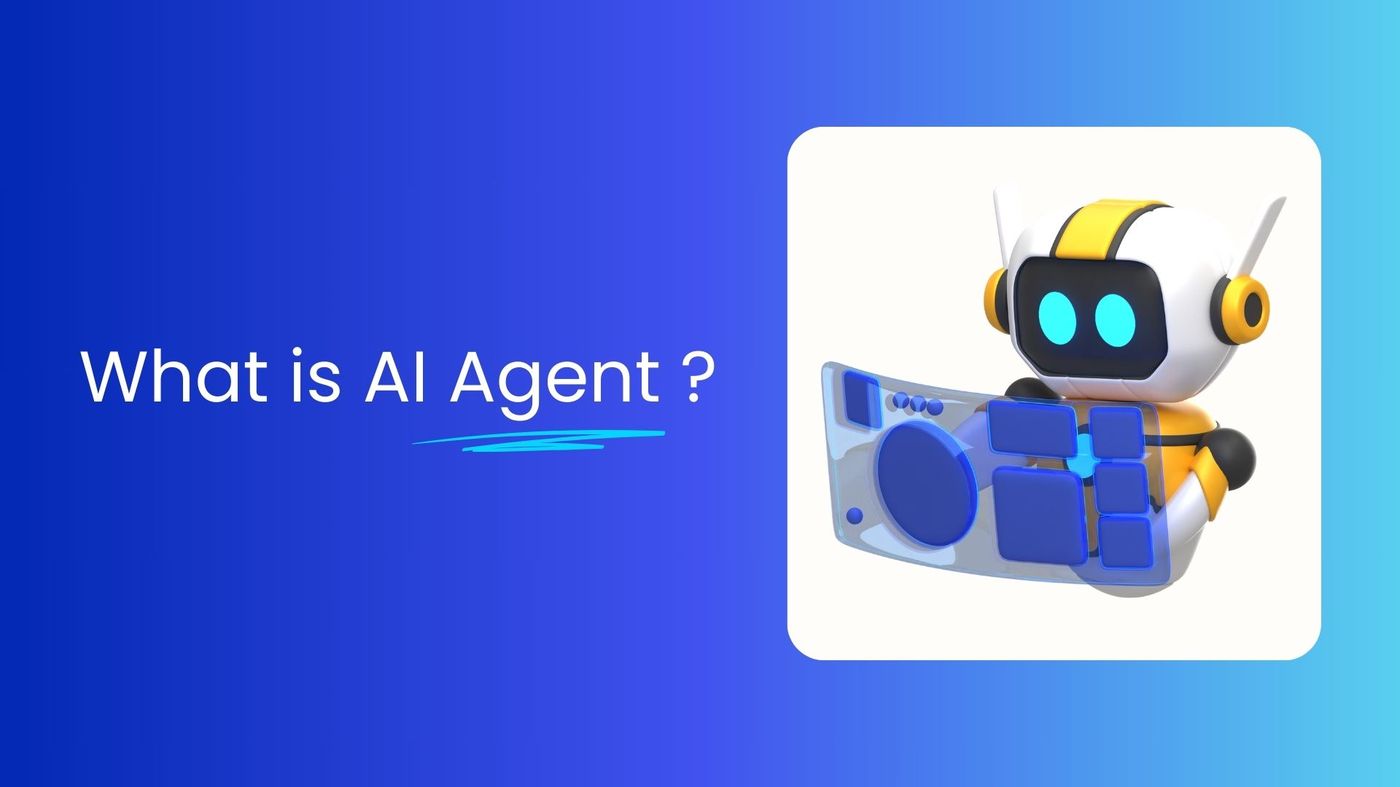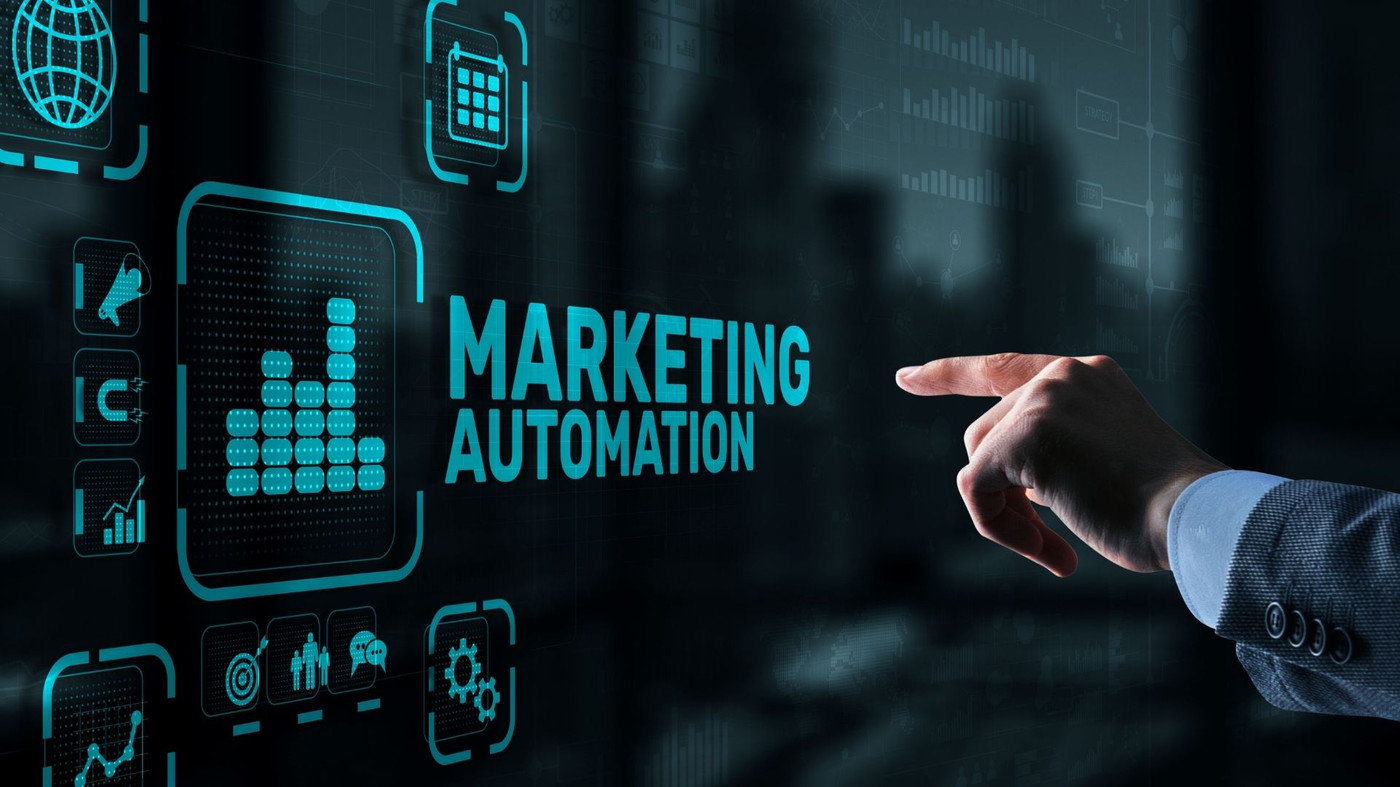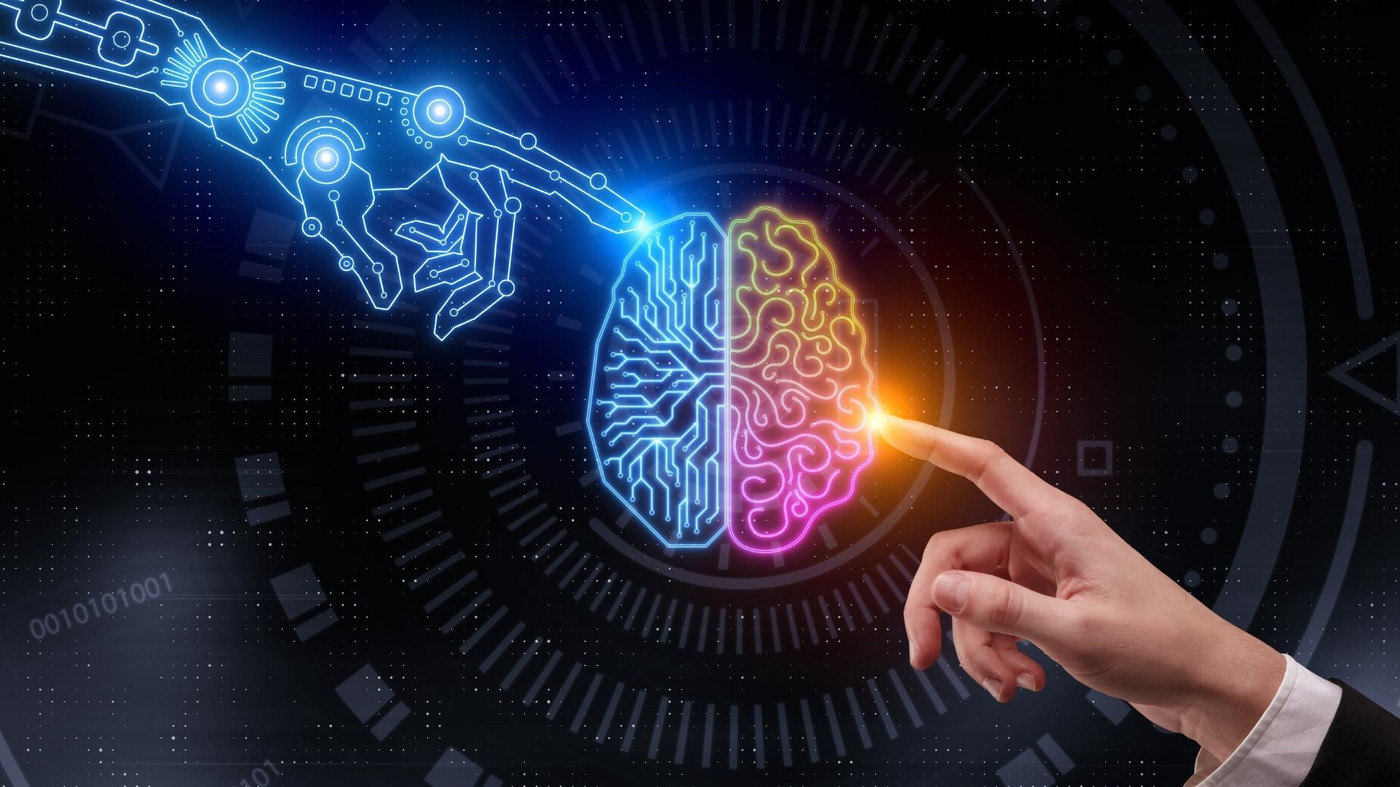What is an AI Agent?

Imagine being able to delegate up to 30% of your time-consuming tasks to a tireless collaborator, capable of anticipating problems, optimizing your processes, and personalizing each customer interaction. This is the promise of AI agents, autonomous artificial intelligences that transform theory into concrete actions. Whether you run an SME, a startup, or a large company, discover how these intelligent assistants are revolutionizing sectors and redefining professional daily life.
Chatbots vs AI Agents: A Revolution for Businesses
Chatbots marked a first step by automating simple responses, like "Write me an invitation email." AI agents go far beyond by transforming data into strategic actions and intelligently interconnecting your systems.
For example, a traditional chatbot answers a delivery time question from a static database. An AI agent, on the other hand, analyzes stock status, vehicle location, and traffic conditions in real-time to automatically offer free express delivery in case of delay. Meanwhile, it adjusts driver schedules and alerts the logistics team.
The difference is striking: the AI agent doesn't just communicate, it anticipates and solves complex problems by orchestrating all your tools.
How Does an AI Agent Work in a Professional Environment?
Imagine the ideal sales director. They can analyze market trends, identify the most promising leads, and adjust strategy in real-time. An AI agent operates according to three essential steps:
- Multidimensional Collection and Analysis It aggregates internal (CRM, ERP) and external (markets, social networks) data and uses NLP (Natural Language Processing) to understand emails and customer feedback. For example, in logistics, it cross-references weather data, fuel costs, and supplier delays to recalculate optimal routes.
- Contextual Decision Making By applying business rules and machine learning algorithms, it offers precise predictive analysis. In human resources, an AI agent can thus select candidates matching 95% of job posting criteria while eliminating unconscious biases.
- System Action and Integration It sends orders to other software. This triggers, for example, automatic orders in an ERP and generates predictive reports to guide operational and strategic teams.
Concrete Business Applications: Measurable Results

AI agents are already being adopted across various sectors. Here are some concrete examples illustrating their effectiveness:
Sales and Marketing
An AI agent can analyze customer journey on a website, purchase history, and geolocation in real-time to send tailored offers. This dynamic personalization results in a significant increase in conversion rate. In parallel, it can cross-reference economic data, search trends, and stock levels, thus adjusting sales forecasts with remarkable precision.
Industry and Logistics
At industrial leaders like Siemens, AI agents continuously monitor turbine vibrations to detect anomalies before they become critical. They thus help reduce downtime by 40%. They also manage inventory in a self-adaptive way, taking into account seasonal trends and supplier contingencies.
Healthcare and Services
In the medical field, the AI agent can cross-reference symptoms, medical history, and recent research to guide doctors toward diagnostic paths, thus reducing diagnostic errors by 30%. It also optimizes appointment management by adjusting practitioner schedules in real-time, improving efficiency and service quality.
Finance and Accounting
Companies like Paypal use AI agents to analyze hundreds of variables per transaction and detect fraud in milliseconds. Additionally, they perform automated audits by checking thousands of invoices in a few hours, spotting anomalies with near-perfect accuracy.
Specific Use Cases: 5 Concrete Applications of AI Agents

To address professionals' specific needs, here are five concrete examples of AI agent applications in various fields:
- Digital Marketing An AI agent optimizes your advertising campaigns by analyzing ad performance in real-time, adjusting bids, and redefining targeting segments to maximize ROI. This continuous optimization reduces acquisition costs while increasing user engagement.
- Sales and Prospecting By integrating CRM data and social network interactions, an AI agent automatically qualifies and prioritizes the most promising leads. It also initiates personalized first contact, freeing up time for your sales team and increasing prospecting efficiency.
- Entrepreneurship and Innovation An AI agent conducts competitive intelligence by continuously monitoring market data, sector trends, and competitor activity. This proactive monitoring allows you to adjust your strategy, spot new opportunities, and anticipate market changes.
- Customer Support Through intelligent ticket analysis, an AI agent automatically categorizes, prioritizes, and assigns support requests. It also provides instant answers for common questions, improving customer satisfaction while reducing team workload.
- Social Media and Community Management By analyzing social media interactions and comments, an AI agent detects trends and evaluates consumer sentiment. It then plans content distribution at optimal times to maximize engagement and strengthen your brand's online presence.
An Accelerator Towards Digital Transformation?
AI agents position themselves as catalysts for digital transformation. They don't limit themselves to predefined responses but evolve to learn, reason, and collaborate with humans. They can interpret complex contexts and make informed decisions in real-time while integrating perfectly into heterogeneous environments. This vision, combining automation, contextual intelligence, and adaptability, reinforces the idea that AI agents are strategic allies for optimizing processes and energizing innovation. By adopting these technologies, companies prepare for a future where the speed and accuracy of data-driven decisions will become a major competitive advantage.
Key Benefits for Professionals
AI agents offer numerous advantages:
- Reduced Operational Costs By automating repetitive and time-consuming tasks, they allow your teams to focus on high-value missions.
- Unlimited Scalability An AI agent can handle thousands of interactions simultaneously, ensuring responsiveness impossible to achieve manually.
- Data-Driven Decisions By relying on billions of data points, they provide accurate recommendations and eliminate "gut feeling" from decision-making.
- Accelerated Innovation In research and development, for example in the pharmaceutical sector, AI agents analyze millions of scientific publications in a few hours to identify promising new molecules.
How to Integrate an AI Agent: Where to Start?

- Identify High-Impact Processes Prioritize repetitive tasks prone to errors, such as unqualified lead tracking or legal contract analysis.
- Choose the Right Tools For SMEs, low-code platforms like Make or Zapier make it easy to connect your existing tools to pre-trained AI agents. For large enterprises, custom solutions like IBM Watson integrate with complex ERPs (SAP, Oracle).
- Train and Supervise Start with a pilot project on a limited process, such as customer email sorting. Then use monitoring tools (Datadog, Tableau) to track performance in real-time.
- Evolve Towards Autonomy Over time, expand the agent's capabilities by integrating new data sources (IoT sensors, weather data) and deploying deep learning models for even more precise predictions.
Conclusion: Professional AI, an Essential Asset
AI agents are not mere technological gadgets. They represent a major competitive advantage. Whether you're looking to reduce costs, boost innovation, or exceed customer expectations, their ability to transform data into strategic actions is unmatched. Today, integrating these technologies is more accessible than ever. The question is no longer "why adopt an AI agent?" but "how long can you afford to do without one?"
Ready to accelerate your digital transformation with a data-driven approach? Explore solutions adapted to your sector now and join professionals building the future with AI agents. Embrace this technological revolution to optimize your processes and position your company at the forefront of innovation in an increasingly connected world.
